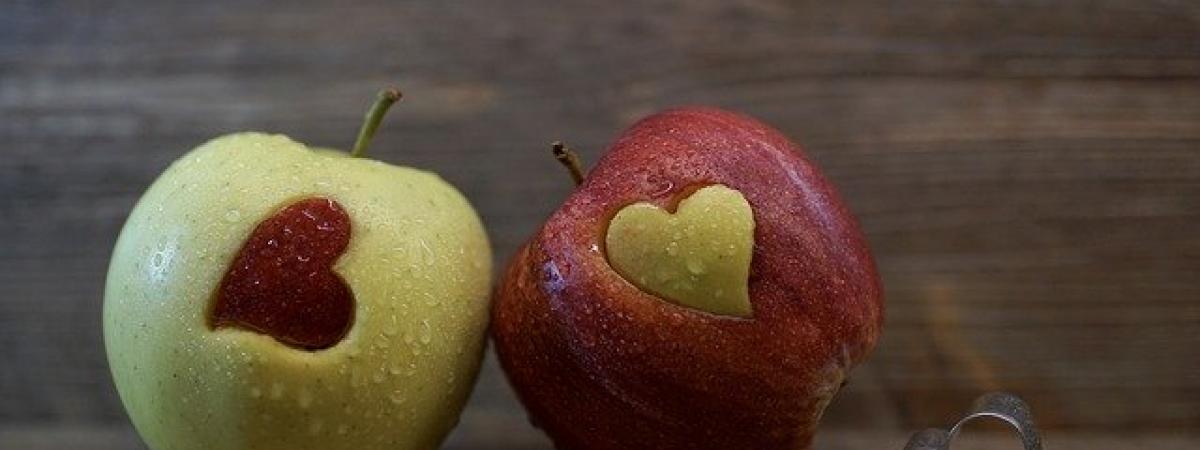Does an apple a day really keep the doctor away?
published in Reader's Digest,
06 May 2015

“I should like to astonish Paris with an apple” announced the artist Cézanne in 1878, as he revealed a small oil-study entitled “Still Life with Fruit Dish”.
The painting took the art world by storm, showing the apples in all their rich colours. It hangs today in the Museum of Modern Art, New York, (itself also known as the ‘Big Apple’) and represents one of many apple paintings by Cézanne: a mass of marks at one level, but also an intricate description of each individual fruit, and with every one looking good enough to be plucked from the canvas and eaten.
Apples have always played a significant yet diverse role in history; just consider the apples of Eve, Newton, William Tell or Steve Jobs.
Today apples continue to astonish in medicine, with headlines reporting that an apple a day really does have health benefits. In 2013, researchers in Oxford suggested that prescribing either an apple a day or a statin (a drug used to lower cholesterol) seemed to be equally successful at preventing heart attacks and strokes in people over the age of 50.
Whether this is because apple eating is associated with a generally healthier lifestyle, with Apples replacing less healthy snacks, is unclear. And although this study might be a prime example of comparing ‘apples and oranges’, since apples and statins are so different, the debate continues.
In one of the biggest studies of its kind, the appropriately named EPIC study involves half a million people and looks at the effects of eating fruit and vegetables on disease. Participants consuming at least eight portions a day had an astonishing 22% lower risk of heart disease, and risks of some cancers (colorectal, oesophageal and liver) were slightly reduced. However other cancers were unaffected, and there was no real effect on diabetes.
How might the humble apple be waging war on heart disease and cancer, two of our biggest killers? The answer might lie in polyphenols, naturally occurring compounds in apples, useful for protecting the fruit from disease and also giving it colour and flavour. They are known to have strong antioxidant and anti-inflammatory properties, and may also protect by reducing blood stickiness and cholesterol levels.
Several studies also show a reduction in blood pressure when more fruit and vegetables are eaten. Furthermore, apples contain a soluble fibre called pectin which binds to cholesterol and glucose in the gut, slowing their absorption. What is clear is that the apple is a complex mix of ingredients, working together for the good of our health. Trying to make do with antioxidant vitamin tablets just isn’t good enough, as shown by scientists in the Heart Protection Study.
But can we eat enough apples a day to keep the doctor away? Eating too many may not be a good idea, especially with a risk of chronic exposure to low levels of pesticide. Some people are even allergic to apples, and they can erode tooth enamel. The Department of Health’s advice to consume ‘5-a-day’ (including both fruit and vegetables) might be a realistic starting point.
